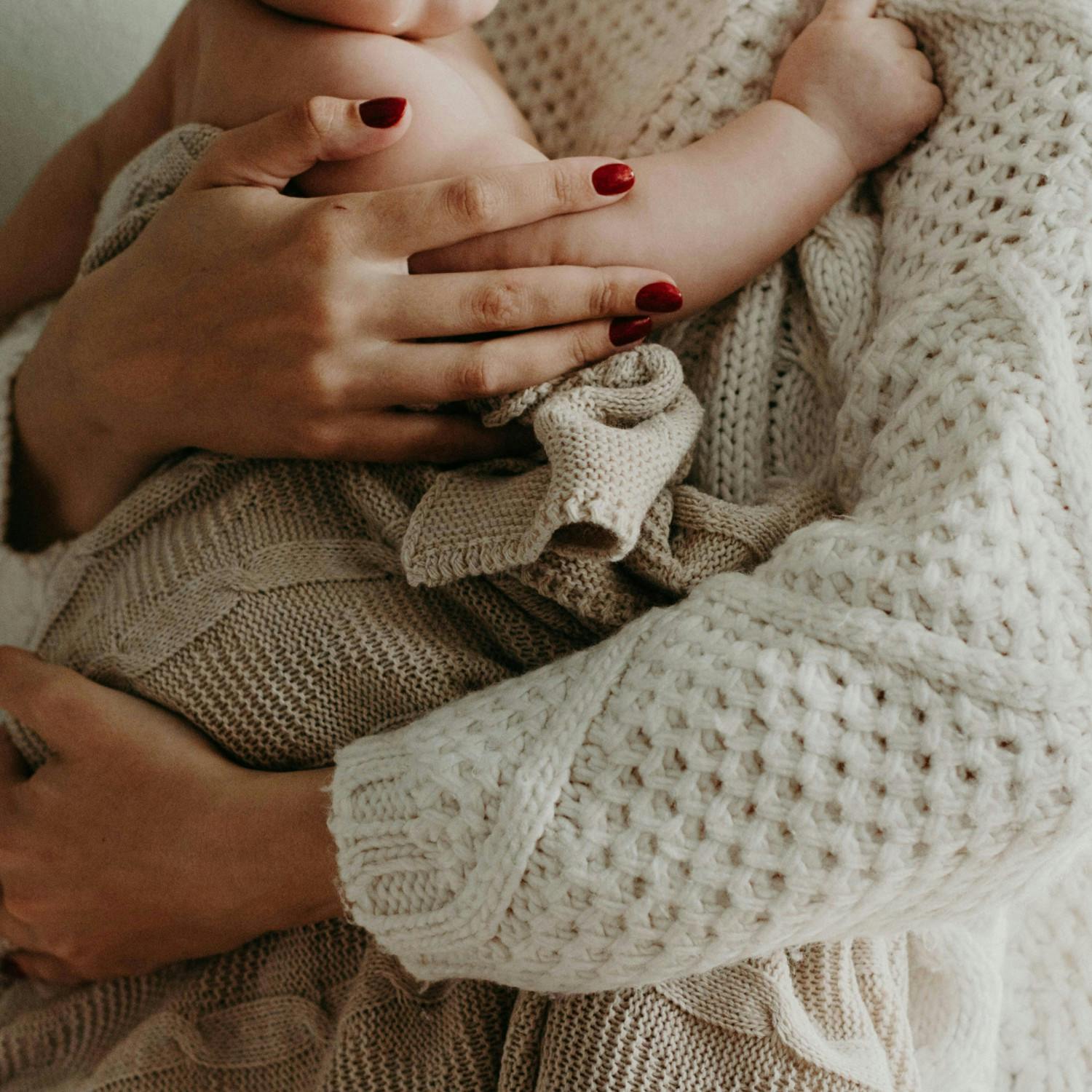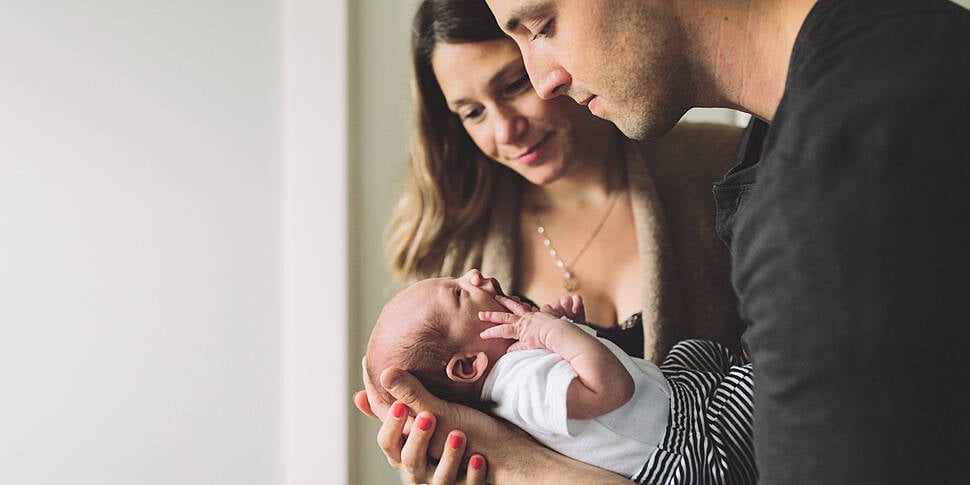Only half of new fathers take paternity leave.
A joint report by the ESRI and and Irish Human Rights and Equality Commission found only around half of fathers are availing of paternity leave and a quarter are taking parent's leave.
Two weeks' paternity leave was introduced in 2016, with fathers able to apply for a €289 weekly payment while they're off work. Paternity leave can be taken up to six months after the child's birth.
However, the universal rate of paternity benefit is being blamed for low uptake.
Dr Claire Keane, Associate Research Professor with the ESRI, says those whose employers pay a top-up are more likely to take the time off work.
"In most European countries, these payments are linked to your salary before you have the child is born.
"In Ireland, we don't have that. We have a flat rate.
"So unsurprisingly, when we see that variance across sectors, finance and insurance, 80% of of employers in those sectors pay a top-up, compared to our accommodation and food services, with low take up and only around 20% of employers topping up fathers' salaries".
Take-up of paternity leave was also higher for fathers working in larger companies where a replacement might be more readily available.
The report recommends promoting awareness of leave entitlements among parents, particularly fathers, to increase take-up rates as well as addressing workplace norms and attitudes that may discourage fathers from taking leave.

Liam Herrick, Chief Commissioner of the Irish Human Rights and Equality Commission says an expectation that women will take on more childcare duties also has an impact.
“The fact that women do far more care and care work, paid and unpaid, than men plays a significant part in women’s lower economic status in Ireland.
"To address persistent, structural inequality between women and men, Ireland must find a new relationship between paid employment, care work and gender roles.
"This report robustly demonstrates the need for effective and gender equitable child related leave schemes, and where policy efforts should be focused to greatest effect.”
The report was carried out using a 10% random sample of all births between 2019 and 2022, which estimates that little over half of eligible fathers availed of paternity leave.
In the two-year period following the introduction of parent’s leave (2020-2021) around one-quarter of eligible fathers and two-thirds of eligible mothers availed of it.














